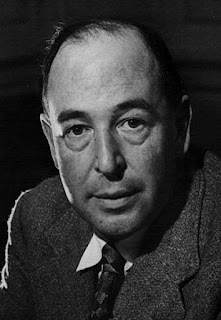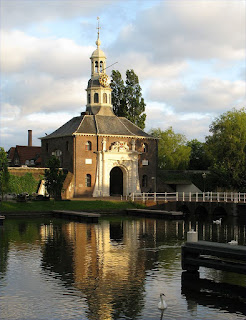“Let some Christian answer this”: Heath Carter’s “Union Made”
I recently spent a weekend reading through Heath W. Carter’s recent book entitled Union Made: Working People and the Rise of Social Christianity in Chicago (OUP, 2015) . It is a wonderful book that traces a complicated history in a manner that brings it to life and works to give new life to important voices from the United States’s religious past. And these are voices that it is important for us to hear, as Carter notes as the book concludes, in a time when we are once more approximating the socio-economic dynamics of the Gilded Age, which is the focus of the book. The story that Carter tells leaves itself open to multiple interpretations, but he frames the struggle of the late 19th c. labor movement in Chicago not as a struggle between moderate and middle-class Christianity on one side and radical socialist atheism on the other. Instead, he explains that “the battle was not between Christianity and secularism, but rather between competing interpretations of the Christian gospel” (p...


